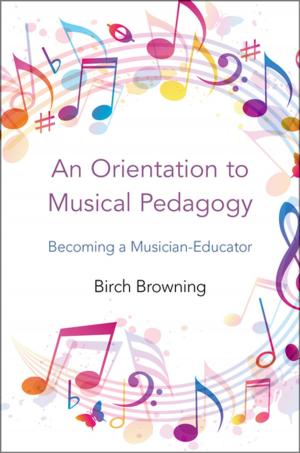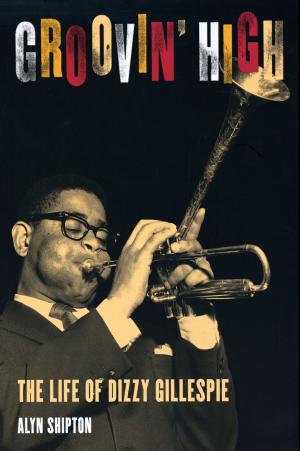The Spirit of Early Evangelicalism
True Religion in a Modern World
Nonfiction, Religion & Spirituality, Christianity, Church, Church History| Author: | D. Bruce Hindmarsh | ISBN: | 9780190616717 |
| Publisher: | Oxford University Press | Publication: | December 1, 2017 |
| Imprint: | Oxford University Press | Language: | English |
| Author: | D. Bruce Hindmarsh |
| ISBN: | 9780190616717 |
| Publisher: | Oxford University Press |
| Publication: | December 1, 2017 |
| Imprint: | Oxford University Press |
| Language: | English |
Evangelicalism appeared as a new pattern of Christian devotion at a moment when the foundations of Anglo-American society were shifting. The Spirit of Early Evangelicalism locates the rise of evangelical religion in relation to movements that we now routinely acknowledge with capital letters: Modernity, the Scientific Revolution, and the Enlightenment. The book examines the evangelical awakening in connection with the history of science, law, art, and literature. The eighteenth century saw a profound turn toward nature and the authority of natural knowledge in each of these discourses. As a more democratic public sphere became available for debating contemporary concerns, evangelicals forcefully pressed their agenda for "true religion," believing it was still possible to experience "the life of God in the soul of man." The results were dramatic and disruptive. Bruce Hindmarsh provides a fresh perspective, and presents new research, on the thought of leading figures such as John and Charles Wesley, George Whitefield, and Jonathan Edwards. He also traces the significance of evangelical spirituality for elites and non-elites across multiple genres. This book traces the meaning of evangelical devotion in a rich variety of contexts, from the scribbled marginalia of lay Methodists and the poetry of an African-American laywoman to the visual culture of grand manner portraits and satirical prints. Viewing devotion, culture, and ideas together, it is possible to see the advent of evangelicalism as a significant new episode in the history of Christian spirituality.
Evangelicalism appeared as a new pattern of Christian devotion at a moment when the foundations of Anglo-American society were shifting. The Spirit of Early Evangelicalism locates the rise of evangelical religion in relation to movements that we now routinely acknowledge with capital letters: Modernity, the Scientific Revolution, and the Enlightenment. The book examines the evangelical awakening in connection with the history of science, law, art, and literature. The eighteenth century saw a profound turn toward nature and the authority of natural knowledge in each of these discourses. As a more democratic public sphere became available for debating contemporary concerns, evangelicals forcefully pressed their agenda for "true religion," believing it was still possible to experience "the life of God in the soul of man." The results were dramatic and disruptive. Bruce Hindmarsh provides a fresh perspective, and presents new research, on the thought of leading figures such as John and Charles Wesley, George Whitefield, and Jonathan Edwards. He also traces the significance of evangelical spirituality for elites and non-elites across multiple genres. This book traces the meaning of evangelical devotion in a rich variety of contexts, from the scribbled marginalia of lay Methodists and the poetry of an African-American laywoman to the visual culture of grand manner portraits and satirical prints. Viewing devotion, culture, and ideas together, it is possible to see the advent of evangelicalism as a significant new episode in the history of Christian spirituality.















